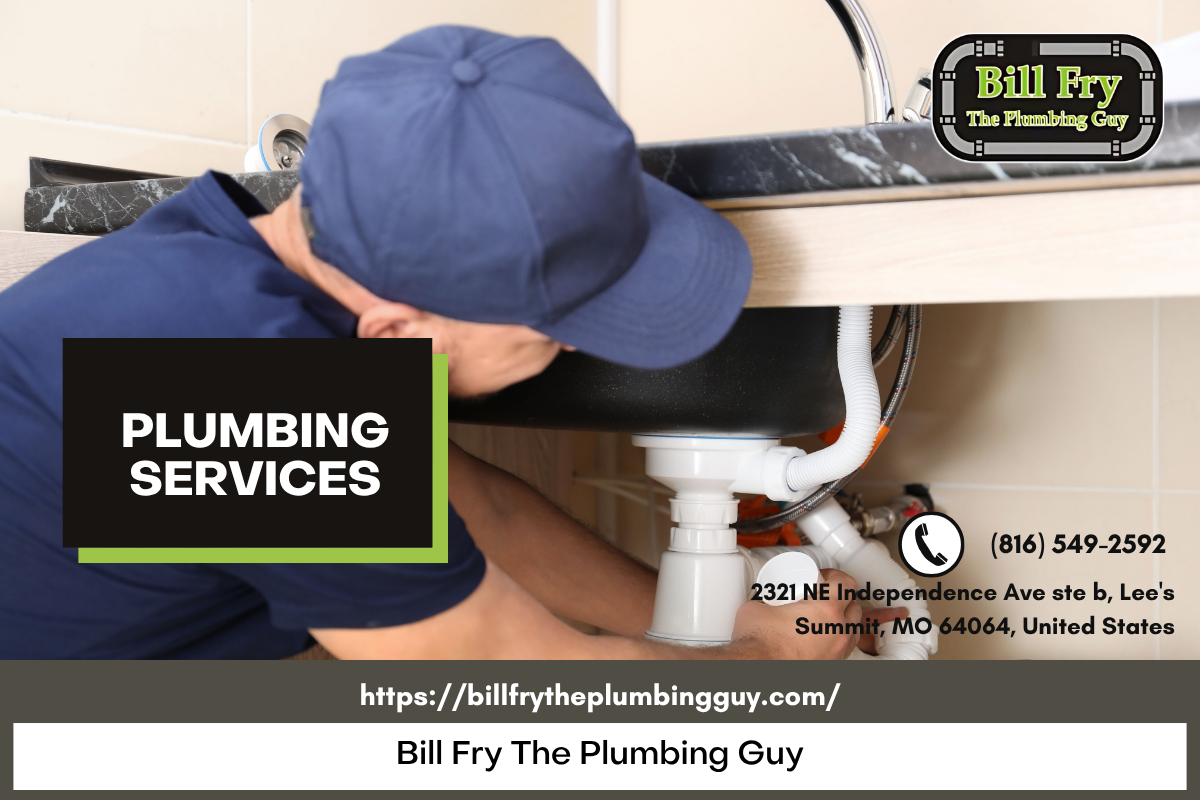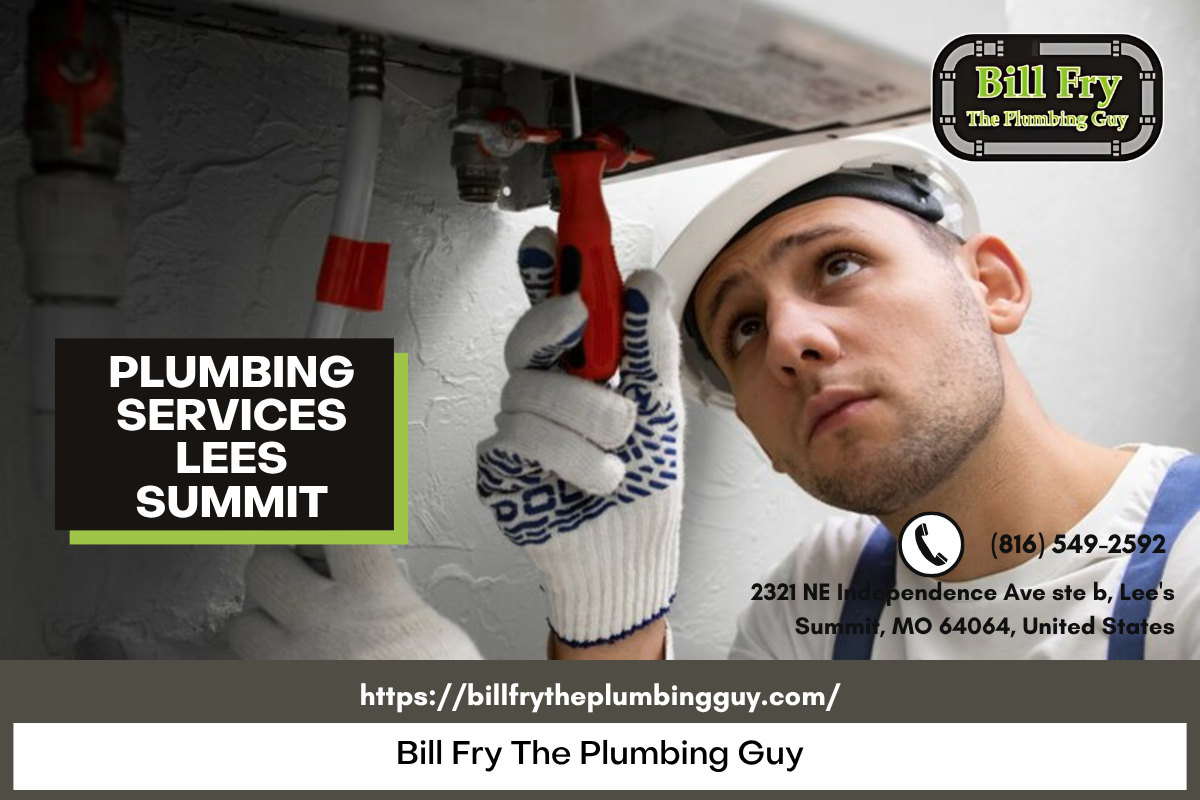


Introduction
In an https://gregoryqbbp725.almoheet-travel.com/preparing-for-an-installation-appointment-with-your-local-plumber era where environmental awareness is at an all-time high, the plumbing industry is undergoing a significant transformation. Gone are the days when plumbing was merely about fixing leaks and ensuring water flow; today, plumbers must also consider sustainability. This article delves into The Future of Sustainable Plumbing Practices in Our Community, focusing on innovative techniques, eco-friendly materials, and the role of local plumbers in promoting these practices.
The Future of Sustainable Plumbing Practices in Our Community
As our society becomes increasingly conscious of its environmental footprint, sustainable plumbing practices are emerging as a necessary response to the global water crisis and climate change. But what does sustainability mean in the context of plumbing?
Sustainable plumbing involves utilizing methods and materials that minimize waste, conserve water, and reduce energy consumption. This approach goes hand-in-hand with modern technology, which has made it easier for plumbers to implement eco-friendly solutions. For instance, rainwater harvesting systems can be installed for households to collect and use rainwater for irrigation or non-potable applications such as toilet flushing.
Why Sustainability Matters in Plumbing
The Environmental Impact of Traditional Plumbing
Traditional plumbing practices often lead to substantial water wastage and excessive energy consumption. According to recent studies, approximately 30% of household water use comes from toilets alone—most of which can be improved through better design and technology.
The Benefits of Sustainable Practices
Water Conservation: Sustainable plumbing reduces overall water usage. Energy Efficiency: Eco-friendly systems typically consume less energy. Cost Savings: Lower utility bills result from reduced resource consumption. Enhanced Property Value: Homes equipped with sustainable plumbing features often see an increase in market value. Community Health: Cleaner water systems improve overall health outcomes.Emerging Technologies in Sustainable Plumbing
Smart Water Management Systems
One of the most exciting developments in sustainable plumbing is smart technology integration. Smart water management systems utilize sensors and AI algorithms to monitor water usage patterns and detect leaks promptly.
How Smart Systems Work
- Real-Time Monitoring: These systems allow homeowners to track their water usage via smartphone apps. Automated Alerts: Users receive notifications when unusual patterns are detected, potentially saving thousands by preventing further damage. Data Analytics: Long-term data can help identify habits that lead to excessive use or waste.
Low-Flow Fixtures: A Game Changer
Low-flow showerheads and faucets have revolutionized how we think about daily activities such as bathing and washing dishes.
Benefits of Low-Flow Fixtures
- They can significantly reduce water consumption without compromising performance. Their installation is usually straightforward for local plumbers who offer services like those found among the best plumbing services Lees Summit.
Greywater Recycling Systems
Greywater recycling involves repurposing wastewater from sinks, showers, or washing machines for irrigation or toilet flushing.
How It Works
Collection: Greywater is collected from designated outlets. Filtration: The collected greywater undergoes filtration processes to remove impurities. Distribution: The filtered greywater is then redistributed for appropriate uses.Eco-Friendly Plumbing Materials
Recycled Pipes and Fittings
Using recycled materials minimizes waste and conserves resources while maintaining functionality.
Types of Recycled Materials
- PVC pipes made from post-consumer plastic Copper piping sourced from discarded electrical wiring
Bamboo and Other Renewable Resources
Bamboo is gaining traction as a sustainable alternative due to its rapid growth and durability.
Advantages of Bamboo Piping
Lightweight yet strong Biodegradable at end-of-life Naturally resistant to moldPlumber Training on Sustainability Practices
Education Programs for Local Plumbers
To ensure that plumbers are well-equipped to handle sustainable practices, training programs focused on eco-friendly techniques are essential.
What Training Involves
Hands-on workshops covering new technologies Courses on green building standards Certifications in sustainable practicesCommunity Outreach Initiatives by Plumbers
Local plumbers can engage with community members through educational workshops aimed at promoting sustainable plumbing options.
Examples of Outreach Activities
- Hosting local seminars on efficient water use Providing free consultation sessions about greywater systems
The Role of Local Government in Promoting Sustainability
Incentives for Green Building Practices
Local governments often provide financial incentives or rebates for homeowners who choose eco-friendly options during renovations or new constructions.
Types of Incentives Available
Tax credits for solar-powered hot-water systems Grants for installing rainwater harvesting systems Discounts on permits for green building projectsLegislation Supporting Eco-Friendly Plumbing Standards
New regulations may require certain sustainability benchmarks within residential or commercial buildings—guidance that local plumbers must follow closely.
Potential Regulations Include
- Minimum efficiency standards for appliances Mandatory greywater recycling systems in new buildings
Challenges Facing Sustainable Plumbing Practices
Cost Barriers for Homeowners
While sustainable options often pay off long-term, upfront costs can deter many homeowners from making changes immediately.
How Plumbers Can Help Overcome Cost Concerns
Offering financing options through partnerships with banks Providing estimates that demonstrate long-term savingsLack of Awareness Among Consumers
Many homeowners still do not understand the benefits or feasibility of implementing sustainable plumbing practices.
Strategies to Raise Awareness
- Use social media campaigns Create informative brochures available through local plumbing services
FAQ Section
1. What are sustainable plumbing practices?
Sustainable plumbing practices involve using eco-friendly materials and technologies that minimize waste while conserving water and energy resources effectively.
2. How can I find a plumber near me who specializes in sustainable practices?
You can easily search online using keywords like "plumber near me" or specifically look up “sustainable plumbing services” offered by local businesses like Lees Summit plumbers.
3. Are low-flow fixtures effective?
Yes! Low-flow fixtures significantly reduce water usage without sacrificing performance—making them a wise investment both financially and environmentally.
4. What government incentives exist for eco-friendly home improvements?
Many local governments offer rebates or tax credits aimed at encouraging homeowners toward greener choices—such as installing solar panels or rainwater harvesting systems.
5. How do smart water management systems work?
Smart water management systems monitor your home’s water usage via sensors linked to mobile apps that alert you about leaks or inefficiencies instantly.
6. Can I install a greywater system myself?
While some homeowners may attempt DIY installations, it’s highly recommended to consult with professionals familiar with local regulations regarding greywater recycling systems—like those available through plumbing services Lees Summit.
Conclusion
The future holds immense potential for transforming traditional plumbing into a more sustainable practice across communities worldwide—especially ours! By embracing innovative technologies, eco-friendly materials, community education, and supportive legislation, we can collectively work towards achieving better sustainability goals within our homes while enhancing health outcomes within our communities too! Let’s work together with our trusted plumbers to pave the way toward a greener tomorrow!